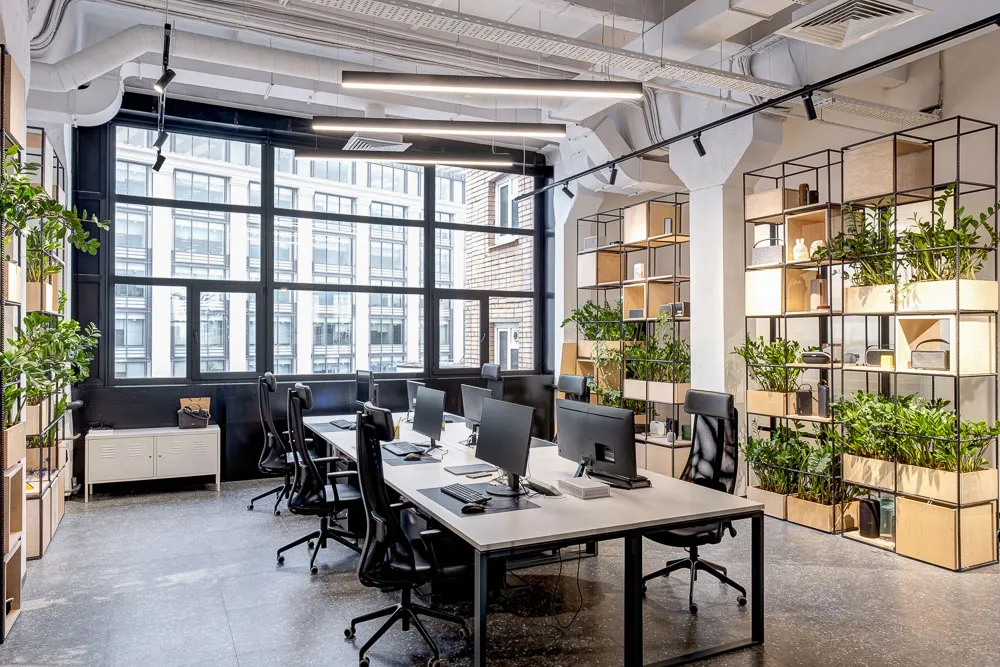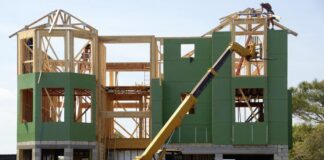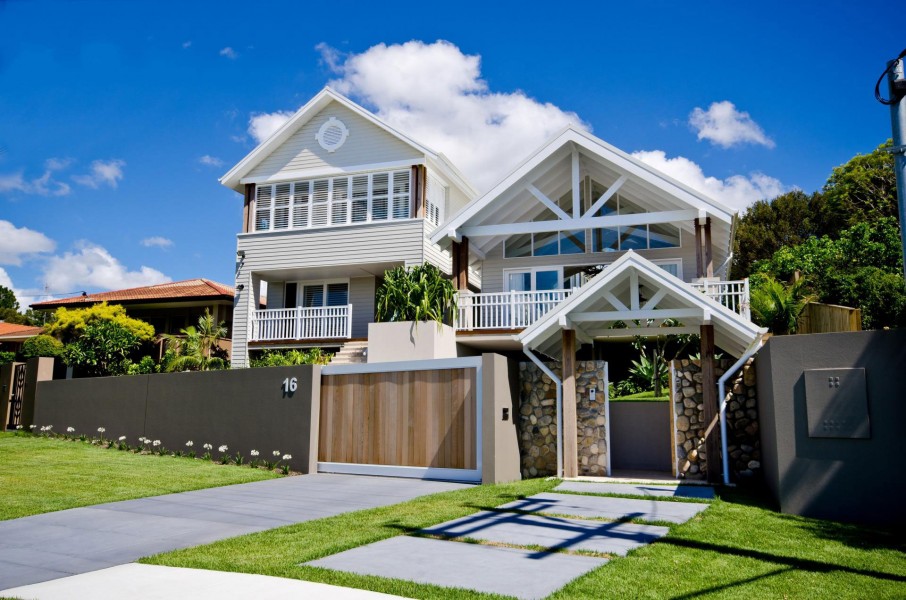The Evolution of Desk Table Design
The evolution of desk table design reflects not only the changing trends in interior aesthetics but also the dynamic nature of work and lifestyle. As we spend a significant portion of our lives at desks, whether for work or leisure, the design of these essential pieces of furniture has become increasingly important. In this article, we will explore some innovative desk table design that go beyond the conventional, bringing style, functionality, and ergonomic considerations to the forefront.
Ergonomics and Functionality:
Modern desk table designs prioritize ergonomic principles to enhance user comfort and productivity. Standing desks, for example, have gained popularity due to their potential health benefits, including improved posture, reduced back pain, and increased energy levels. Adjustable height desks take this a step further, allowing users to switch between sitting and standing positions throughout the day.
Moreover, multifunctional desks have become a trend, especially in smaller living spaces. These designs often incorporate features like built-in storage, cable management systems, and even integrated charging stations to keep the workspace organized and clutter-free. The focus on functionality ensures that the desk not only looks good but also serves its purpose efficiently.
Minimalism and Contemporary Designs:
In the realm of desk table design, less is often more. Minimalist and contemporary designs emphasize clean lines, simplicity, and a clutter-free aesthetic. Sleek materials like glass, metal, and engineered wood contribute to a modern look that complements various interior styles.
Floating desks, which are mounted directly on walls, exemplify the minimalist trend. These desks create the illusion of space, making them ideal for small rooms or home offices. The absence of legs and excess ornamentation contributes to an uncluttered visual appeal, allowing the user to focus on the task at hand.

Natural Elements and Biophilic Design:
In recent years, there has been a growing appreciation for incorporating natural elements into interior design, a concept known as biophilic design. This approach seeks to connect people with nature within the built environment, promoting well-being and productivity. Desk tables inspired by biophilic design often feature materials like wood, stone, or bamboo, bringing a touch of the outdoors into indoor spaces.
Live-edge desks, crafted from slabs of wood that retain the natural contours of the tree, are a striking example of this trend. These unique pieces not only celebrate the beauty of imperfections but also create a harmonious blend between the organic and the man-made.
Customization and Personalization:
The desire for unique and personalized spaces has led to a surge in custom-designed desk tables. Consumers now have the option to tailor their desks to fit their specific needs, preferences, and aesthetic tastes. Customization extends beyond choosing colors and materials; it includes selecting the size, shape, and additional features that cater to individual work habits.
Some companies offer online tools that allow customers to design their desks virtually, providing a 3D preview before the actual production. This level of personalization not only ensures functionality but also allows individuals to express their creativity and individuality in their workspace.
Technological Integration:
The integration of technology into modern desk table designs has become increasingly prevalent. Wireless charging pads, USB ports, and smart connectivity options are now common features in many modern desks. These designs aim to streamline the user experience, eliminating the need for messy cables and enhancing the overall functionality of the workspace.
Smart desks, equipped with sensors and adjustable settings, take technological integration a step further. These desks can adapt to user preferences, automatically adjusting height, lighting, and even reminding users to take breaks for optimal health and productivity.
Conclusion:
The world of desk table design is evolving to meet the diverse needs of modern lifestyles and work habits. From ergonomic standing desks to minimalist floating designs, and from natural elements inspired by biophilic design to technologically integrated smart desks, there is a wide range of options available to suit individual preferences.
As we continue to redefine the way we work and live, innovative desk designs will likely play a crucial role in creating functional, aesthetically pleasing, and adaptable workspaces. Whether you’re a remote worker, a student, or someone who simply values a well-designed environment, the variety of desk table options ensures that there’s a perfect fit for every space and style.









